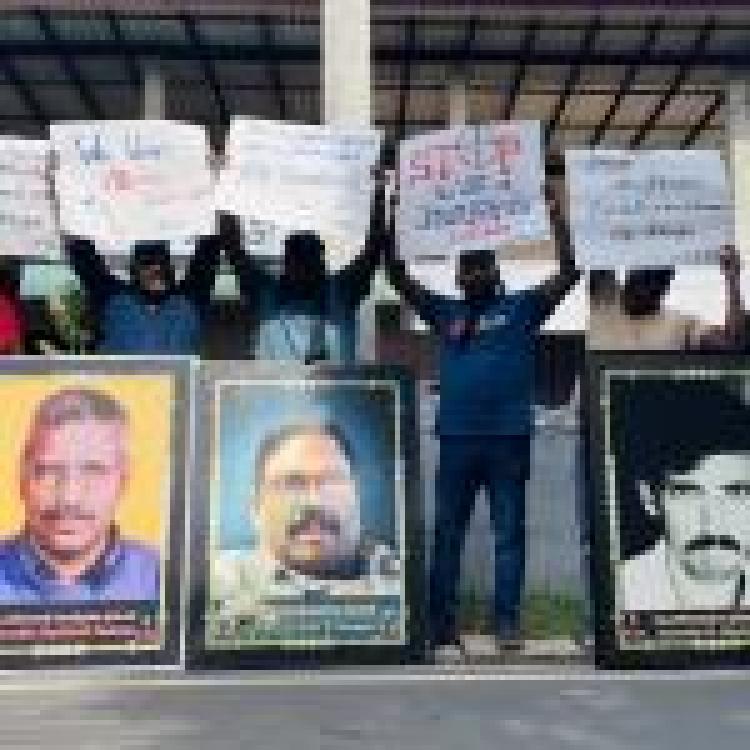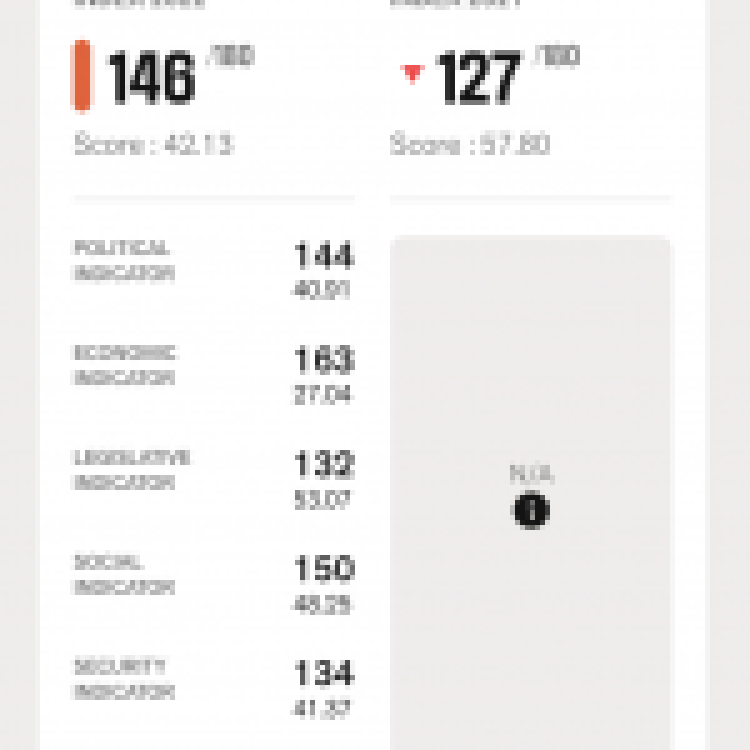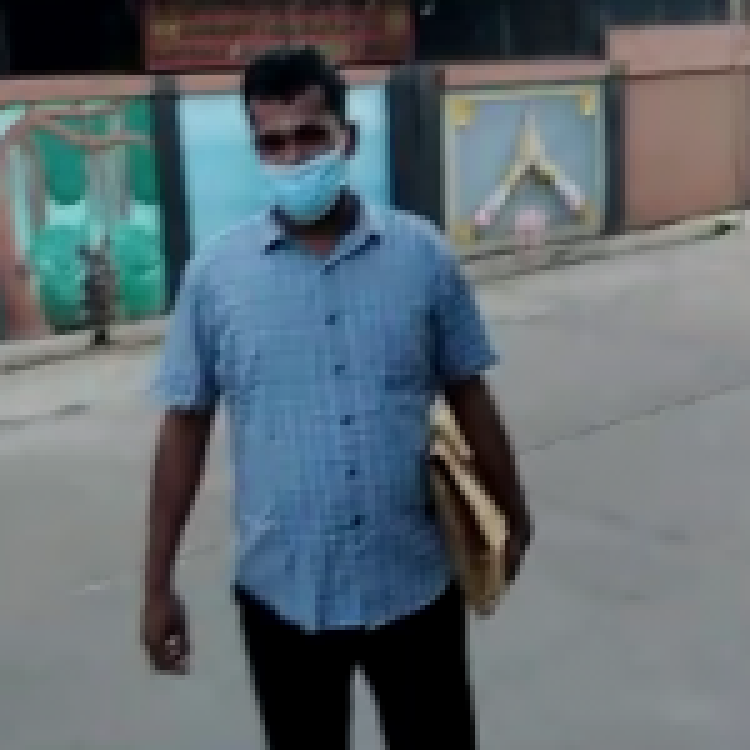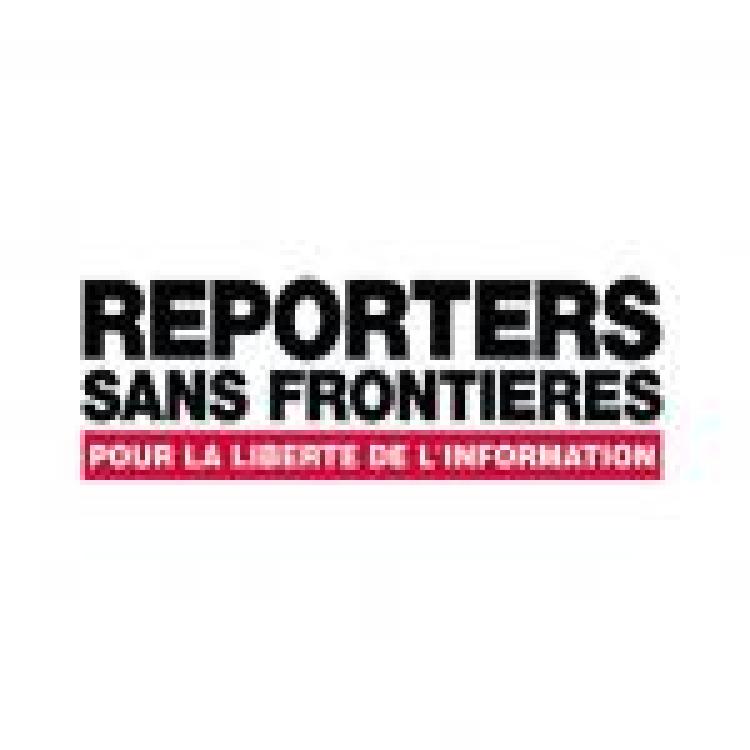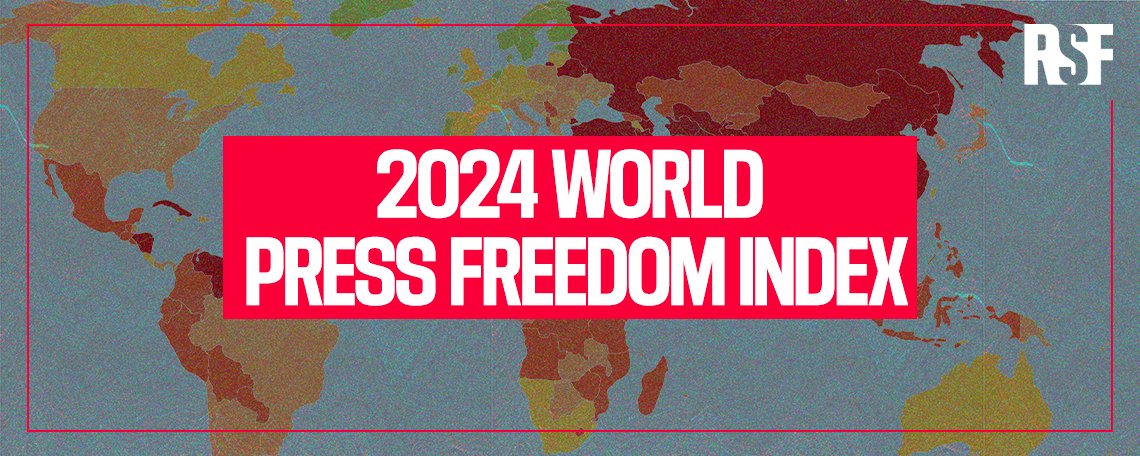
Sri Lanka's press freedom ranking has plummeted by 15 positions to 150, down from 135 in the previous year, according to the annual release of the Reporters Without Borders (RSF) 2024 World Press Freedom Index. The index compares press freedom across 180 countries and territories.
RSF's country-specific assessment of Sri Lanka reports that while Sri Lankan law ostensibly guarantees freedom of expression, the protection of journalists remains tenuous at best. Anti-terrorism legislation is frequently used to silence journalists, "especially those who try to investigate the living conditions of the Tamil minority in the north and east of the island," RSF reports.
Furthermore, RSF highlights the contentious passage of the Online Safety Act earlier this year. Under the pretext of safeguarding national security, this legislation grants authorities sweeping powers to censor dissenting voices on social media platforms, jeopardizing digital liberties and compromising the confidentiality of journalistic sources.
Examining the sociocultural landscape, RSF notes that coverage of issues affecting Tamils or Muslims is a highly sensitive endeavour. "Journalists and media outlets who have risked doing so in recent years have been subjected to arrests, death threats and coordinated cyber-attacks."
The report highlights that in Sri Lanka, journalist killings remain unpunished, fostering a culture of impunity. "The tenth anniversary of the end of the civil war in 2019 was marked by a troubling increase in attacks on reporters based in the north and on the east coast, the traditional Tamil homeland." To this date, "journalists there are subjected to systematic surveillance and harassment by the police and army and independent media are excluded from these areas", RSF stressed.
RSF also notes the "extremely volatile" political situation in Sri Lanka since the Aragalaya protests, which led to former President Gotabaya Rajapaksa fleeing the country in July 2022. During his tenure, "between 2005 and 2015, he emerged as the leader of the "white van squad" about the vehicles in which at least 14 journalists were kidnapped to be executed. "While his departure marked the end of his relentless crackdown on press freedom, the media landscape is still highly polarised and subject to political vagaries, "RSF reports.
The release of the World Press Freedom Index coincides with World Press Freedom Day, a poignant reminder of the fundamental importance of a free press in democratic societies. Back in the homeland, the Jaffna Press Club marked the occasion by calling on the country's authorities to cease their attacks on journalists, underscoring the urgent need to safeguard press freedom.

